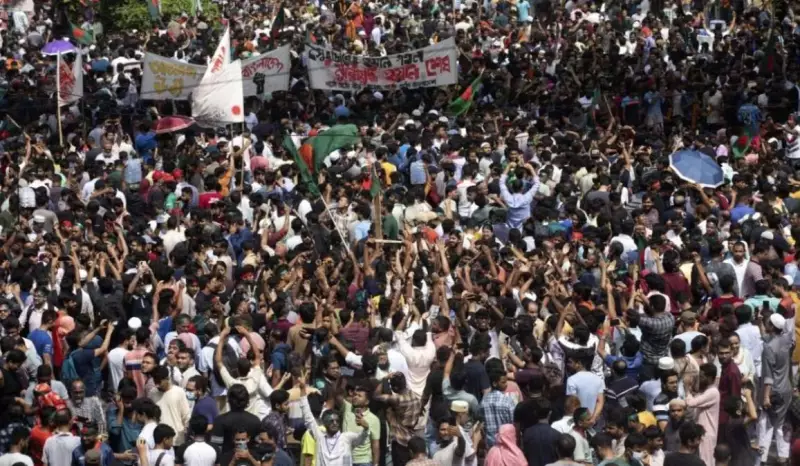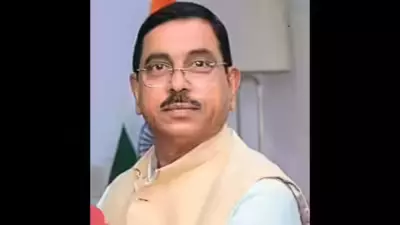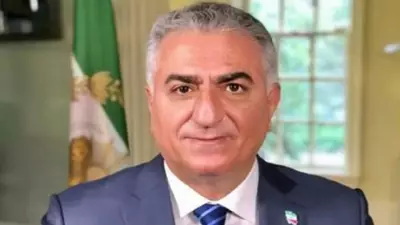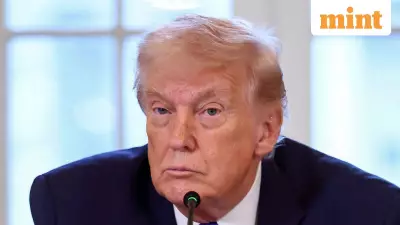
Bangladesh has been gripped by widespread political unrest as thousands of opposition supporters flooded the streets, demanding the extradition of Prime Minister Sheikh Hasina. The protests, organized by the Bangladesh Nationalist Party (BNP) and other opposition groups, represent one of the most significant challenges to the current government in recent years.
Nationwide Demonstrations Escalate
On Saturday, November 23, 2024, major cities across Bangladesh witnessed massive protest rallies with participants calling for immediate political reforms. The central demand focuses on the extradition of Prime Minister Sheikh Hasina, whom opposition leaders accuse of authoritarian governance and undermining democratic institutions.
In the capital Dhaka, protesters gathered at key locations, including the political hotspot of Motijheel, where security forces maintained heavy presence. Similar demonstrations were reported in Chittagong, Khulna, and Rajshahi, indicating the nationwide scale of the discontent.
Opposition's Core Demands
The Bangladesh Nationalist Party, led by acting chairman Tarique Rahman, has articulated several key demands driving the protest movement:
- Immediate extradition of Prime Minister Sheikh Hasina
- Restoration of democratic processes and free elections
- Release of political prisoners
- Establishment of a neutral caretaker government
Tarique Rahman, operating from exile, has been vocal in his criticism of the current administration, alleging systematic human rights violations and suppression of political dissent. The opposition claims that the government has increasingly centralized power while marginalizing opposing voices.
Government Response and Security Measures
The Awami League-led government has dismissed the opposition's demands as politically motivated and unconstitutional. Law enforcement agencies have been placed on high alert, with additional security deployments in sensitive areas across the country.
Authorities have implemented Section 144 in several districts, prohibiting gatherings of more than four people in an effort to maintain public order. Despite these measures, protest organizers have vowed to continue their demonstrations until their demands are met.
Police officials confirmed that several incidents of clashes between protesters and security forces occurred, though the exact number of injuries and arrests remains unclear. Both sides have accused each other of instigating violence during the protests.
International Reaction and Implications
The escalating political crisis in Bangladesh has drawn attention from international observers and neighboring countries. The situation presents significant implications for regional stability and could affect Bangladesh's economic partnerships and diplomatic relations.
Human rights organizations have called for restraint from all parties involved, emphasizing the importance of peaceful resolution and respect for democratic principles. The international community continues to monitor developments closely as the political standoff shows no immediate signs of resolution.
The protests represent a critical juncture in Bangladesh's political landscape, with potential long-term consequences for the nation's governance structure and democratic future. As both sides dig in their positions, the coming days are likely to determine the trajectory of this political confrontation.





